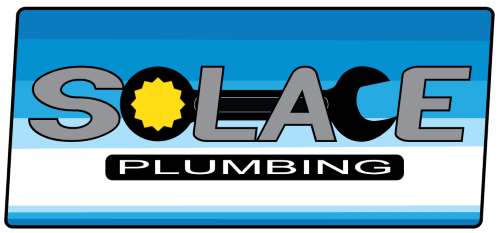Tips for Maintaining a Home's Plumbing System
The water heater will collect sediment over time, and the buildup can degrade the water quality, clog the pipes, or damage the heater.
Plumbing is often taken for granted until an issue arises. If this aspect of home maintenance doesn't receive the proper attention, it's more likely to break down and result in costly repairs.
Here are some tips for taking care of the home plumbing system:
Check for leaks
Leaks aren't always obvious. Be on the lookout for any strange behavior from the plumbing system. Check the pipes, faucets, and under sinks, and look for water stains or puddles. These are telltale signs of a possible leak.
Also, check toilet flappers and valves for silent leaks. It's possible to do so by adding some food coloring into the tank and checking for the color in the bowl.
Take care of the drains
Drains are vulnerable to damage, too. Don't pour grease, oil, or food scraps down the drain, as they can accumulate and clog the system. Mix baking soda and vinegar, pour the mix into the drain, then run hot water to clean a slow drain naturally.
Care for a water heater
The water heater will collect sediment over time, and the buildup can degrade the water quality, clog the pipes, or damage the heater. Drain and flush the water heater every year, or better still, have a professional do it instead. Check the heater's temperature settings. They should ideally be around 120°F. This temperature isn't scalding and wastes less energy.
Winterize pipes
Winter weather can be quite harsh on the pipes and even cause them to freeze and burst. Before winter, insulate the pipes in crawl spaces, attics, and outside walls, especially if exposed. Keep cabinets open so warm air can circulate across the pipes during cold snaps.
Test sump pumps
Check if the sump pump operates correctly. Pour some water into the pit before the rainy season or before predicted heavy rains to see if the pump starts and drains properly.
Reduce water pressure
Too much water pressure could be bad for the plumbing system. Check the pressure at home with a pressure gauge. It should be around 40 to 80 psi to avoid straining the pipes.
Soften hard water
Hard water is one of the biggest threats to home plumbing, yet it's one of the most prevalent. If the area has hard water, install a water softener to stop mineral buildup in pipes and appliances.
Get the experts involved
While there are some DIY methods to protect the home's plumbing from breaking down due to negligence, professionals should still get involved when appropriate. Schedule inspections every year. The professionals can find problems, like hidden leaks, and ensure everything is in good working order.
Get top-notch water softener installation and repair, repiping, slab leak, plumbing remodels, backflow services, and plumbing video camera inspection in Gilbert, AZ, with Solace Plumbing. We are licensed and insured with a team of expert technicians offering the highest quality products and services at competitive pricing. We guarantee 100% customer satisfaction. Contact us for more information.

